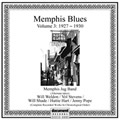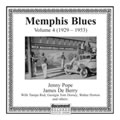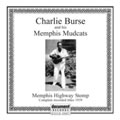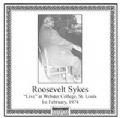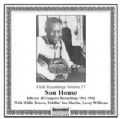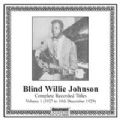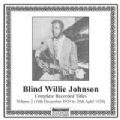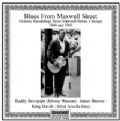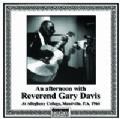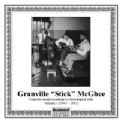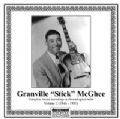"Document 5000 Series "
Viewing 685 to 696 of 700
|
Memphis Blues Volume 3 (1927 – 1930) More Info on our New Store >> |
||
|
Memphis Blues Volume 4 (1929-1953) More Info on our New Store >> |
||
|
Memphis Blues Volume 4 (1929-1953) More Info on our New Store >> |
||
|
Charlie Burse And his Memphis Mudcats - Memphis Highway Stomp More Info on our New Store >> |
||
|
Roosevelt Sykes Live At Webster College St Louis 1974 More Info on our New Store >> |
||
|
Field Recordings Vol 17 - Son House (1941-1942) More Info on our New Store >> |
||
|
Blind Willie Johnson Vol. 1 (1927 to 10th December 1929) More Info on our New Store >> |
||
|
Blind Willie Johnson Vol. 2 (11th December 1929 to 20th April 1930) More Info on our New Store >> |
||
|
Blues From Maxwell Street (1960 & 1965) More Info on our New Store >> |
||
|
An Afternoon with Reverend Gary Davis More Info on our New Store >> |
||
|
Granville Stick McGhee Volume 1 (1947-1951) More Info on our New Store >> |
||
|
Granville Stick McGhee Volume 2 (1951-1960) More Info on our New Store >> |
||

